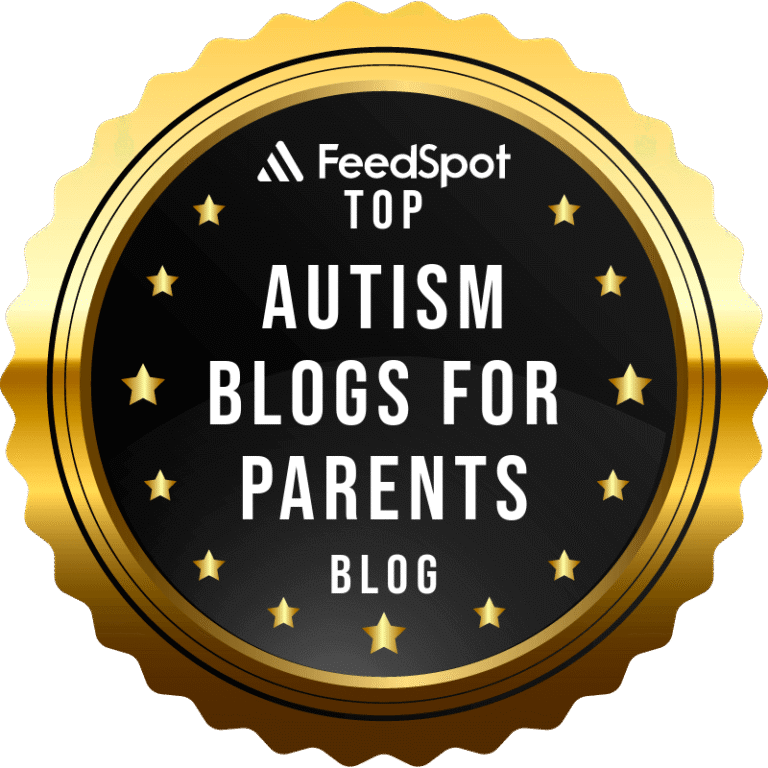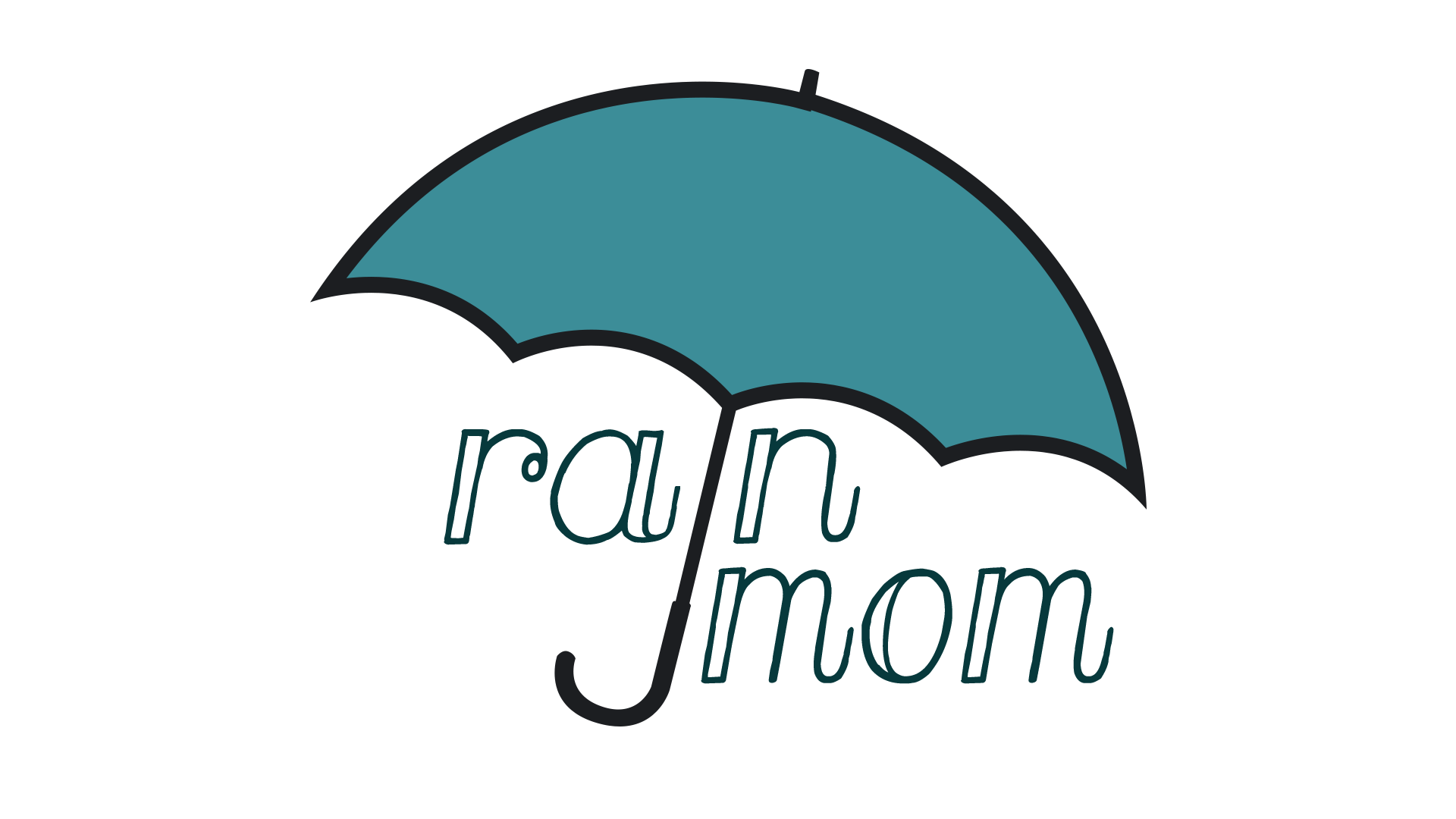
In the Words of Autism: A Captivating Conversation
By Kristi | Published | 4 Comments
I have often wondered, what would it be like to have a conversation with autism? What would I ask and how would autism respond? Would the answers be clarifying or confusing, frightening or infuriating? Would they lead to a better understanding or would I be left with more questions than answers? If I had the opportunity, I imagine the conversation might sound something like this:
Me: Hello, Autism.
Autism: Hello. You have me at a disadvantage, as I don’t know your name.
Me: Bet that’s a first― call me RainMomm.
Autism: Clever! Ok, RainMomm.
Me: Why are you here?
Autism: Why are any of us here? You must have some idea.
Me: Clearly you seem to feel you serve a purpose. And yes, I have my own ideas, but I’d like to hear it from you.
Autism: I sense my presence creates many negative opinions and emotions. I feel misunderstood and rejected, so imagine how that transcends to those diagnosed with my name? Why is everyone so quick to judge and assume that I am the enemy?
Me: That’s an easy answer― you take from our children. You take hopes and dreams, you take a physical, mental and emotional toll on virtually everyone you come in contact with and you seem to do so in such random and unpredictable ways. What if we did the same to you?
Autism: At times, you do. I see the look on your faces, every time my name is mentioned. Your children see it too, as does the world. I’m a pariah, to be blamed for everything yet rarely acknowledged for anything positive. I’m bashed from left to right, that is, until someone makes a movie or writes a book that makes me popular or puts me in a compassionate light. Then you become a bit more accepting. Interesting how I’m always the one to blame, but how many people really put forth an effort to get to know me for who I am?
Me: Ok, I’ll bite, who are you and why should we put forth the effort? You certainly seem to make most everything about you and typically at the expense of our loved ones. At times you seem to take great pleasure in your ability to swiftly decimate hopes and dreams.
Autism: Ah, give and take― you’re saying all I do is take?
Me: Your words, not mine, but I can’t say I disagree. Because of you, I will never have conversations with my son, to truly know how he feels, what he wants, likes, and dreams for himself. He will never marry, have children, live independently or even drive a car. That is an excessive amount of take, so excuse me if I’m not sensing much giving on your end.
Autism: Sometimes it’s not about what is given or taken but what is received instead. Some give me too much credit and power, so receiving is challenging, sometimes impossible, when the focus is on what has been lost. Finding the good in me is the hardest part for you, but not for me― I know it exists― even in those who cannot speak. I have abilities just like everyone else and so do those bearing my name. Every day they show the world what is possible. They are hope, determination and love. They are fearless and forgiving, funny and fragile, potential and progress. They are sad, happy, mad, scared, confused, caring, insightful, brilliant and present.
Me: Rather presumptuous to assume they are that way because of you, not in spite of you?
Autism: Touché. But let me ask you a question.
Me: Go ahead.
Autism: Why are you so quick to change those who I have touched?
Me: What do you mean?
Autism: Acceptance is preached but not practiced. The minute I appear, you all scramble to do everything you can to change me to fit into your world, your expectations and your life. How is that accepting autism? Not everything about me is negative, but you wouldn’t know it based on the reactions and responses to my presence. What’s wrong with accepting me for who I am, not for who I am not?
Me: We accept you in our own ways, we just don’t feel the need to acquiesce to less than the best outcomes for our children. I feel you may be confusing the two. It’s like you want us to forfeit the game before it’s even started. Accept and sit back? Here’s another perspective: if nothing is done nothing happens. Progress, possibilities, pursuits, living life to its full potential. You may be content for us to do nothing because it serves you. But you’ve forgotten one very important fact― we aren’t here to serve your will, we are here to support our loved ones in ways you cannot.
Autism: Then accept that we must learn to co-exist. To reach the outcomes you seek, we must listen and learn from each other. This journey is not a one way street for either one of us. So when I push back, I’m communicating with you. Maybe you’re taking a wrong turn or the timing isn’t right or the task is too overwhelming. Remember during those times when things are going smoothly, I’m still present, not just when the challenges appear.
Me: It feels like I’m always trying to understand your words and your ways, but at times I need an interpreter. Sometimes I understand you so clearly and at others I’m completely at a loss.
Autism: But you keep trying. Don’t give up on me and I won’t give up on you.
Me: That’s a promise I can keep.
Autism: As much as I have enjoyed our conversation RainMomm, I’m needed elsewhere. I hope we can continue more exchanges in the future.
Me: As do I, since I still have many unanswered questions. I feel like we have barely scratched the surface. Autism, if asked to give one piece of advice, what would it be?
Autism: Stop fearing and hating me for my presence in your loved ones life. Remember we are one in the same. Deny it all you want, but I sense the fear and loathing. Fear and hate rob you of the opportunities and progress you seek. Once you realize that together we can accomplish more with hope and love, than fear and hate, those possibilities and progress you speak of become easier to achieve. One thing I’ve learned from you and so many others is that your love is a force bigger than myself. Love, sacrifice, determination and hope keep me in my place, so to speak, without you even knowing it.
Me: I was a victim of fear myself at first, and definitely anger, but not hate. Sometimes the latter two are hard to distinguish, especially in the beginning. I have learned over these many years that fear and anger serve no purpose on this journey. And that your presence will never alter the depth of love I feel for my son.
Autism: Before I go, let me answer your first question; why am I here? I’ve been here for so long before anyone recognized me and still I don’t know the answer. However, I have realized over time that together we find resolutions, responses and results. When we work together or even against each other, in those moments each one brings us closer to the acceptance and understanding we both seek. I’d like to think I’m here to show the world a depth of love unmatched by any spoken word, but one I see every day when you look into my eyes. A reflection of what can happen when I’m met with love and acceptance. That would be my response.
Me: Then let’s continue to work on it together.
As I sat there in the silence that concluded our conversation I wondered if there would be more opportunities for us to exchange questions, perspectives and answers in the future. To continue to bridge the gap of understanding and acceptance from both sides. To love unconditionally, not only what we see, but the unseen that is often difficult to understand. But for now I am content with two very important lessons gleaned from this time.
I still have more to learn and I will never give up on either of us.






Nice job, my friend! I can only imagine the challenges to you and J. Hang in there.
Thanks Mary!
Amazing!
Your statement about no fear or anger is what we all need to hear- really in dealing with conflict and/or understanding each other in all relationships. But it is so easy for us to fall into those emotions….
Thanks Steph!